Lifestyle
15 Ways Aging Changes You
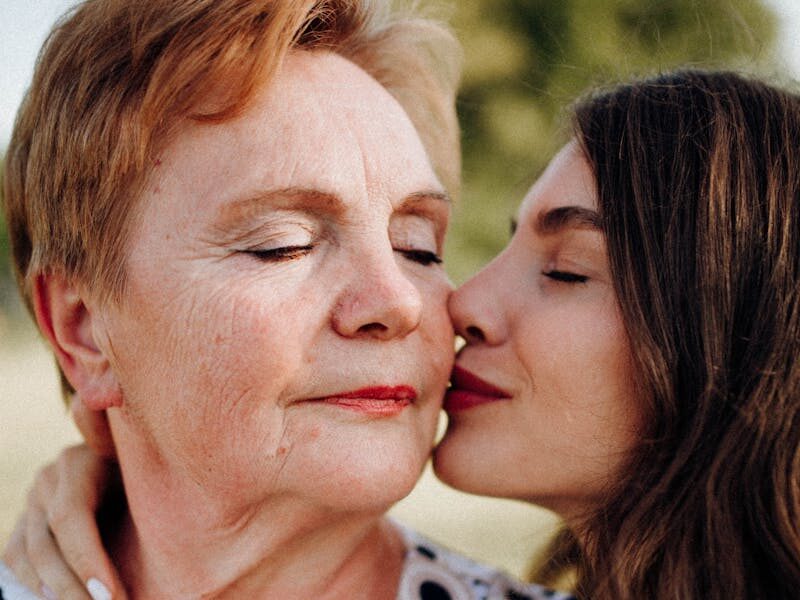
Getting older isn’t just about counting birthdays. Your body, mind, and even your outlook on life evolve in ways you don’t always expect. Some changes are obvious, while others sneak up slowly. With each passing year, you gain new experiences and lessons that shape how you see the world. Here are 15 ways aging changes you—physically, mentally, and emotionally.
Your metabolism slows down.
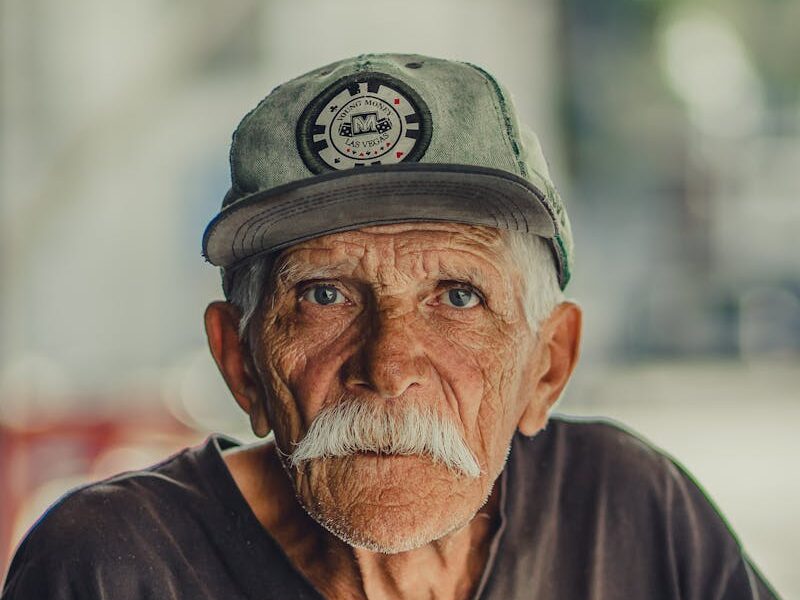
Suddenly, you start noticing that eating the same portions you always did starts adding pounds. Your body burns calories more slowly as you age. This means you need to adjust your eating habits and stay more active to maintain a healthy weight. Small changes, like mindful eating and regular movement, help keep things balanced.
Joints get a little creaky.
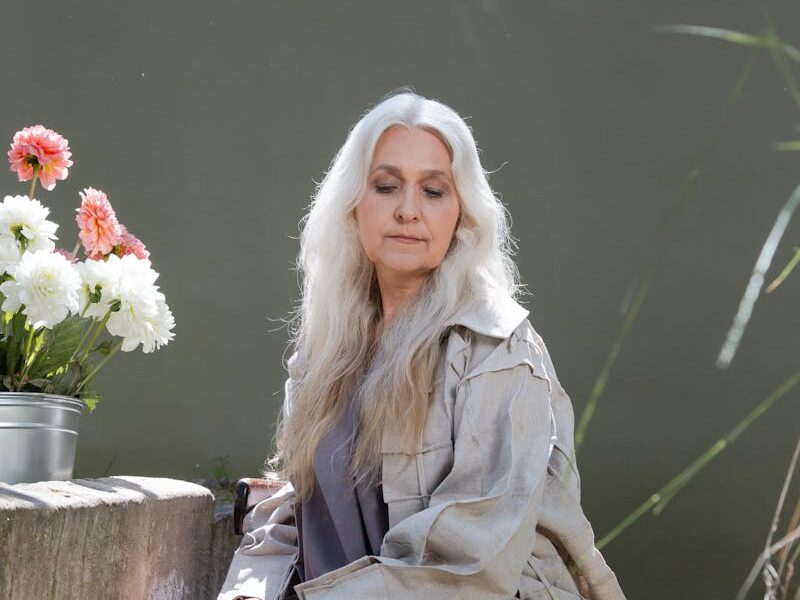
Kneeling, bending, or getting up from the floor isn’t as smooth as it once was. Years of use (and maybe a few injuries) can lead to stiffness and aches. Regular stretching and low-impact exercises like swimming or yoga can help ease discomfort. Listening to your body becomes more important than pushing through pain. Taking care of your joints ensures you stay mobile and active for years to come.
Sleep patterns shift

Falling asleep quickly and staying asleep gets trickier. You might wake up earlier or find yourself restless at night. Aging affects how deeply you sleep, but good habits—like limiting screen time before bed and keeping a regular schedule—can help improve rest. Naps start to make a lot more sense too. Prioritizing relaxation techniques and creating a calm bedtime routine can make a big difference in sleep quality.
Your skin loses elasticity.
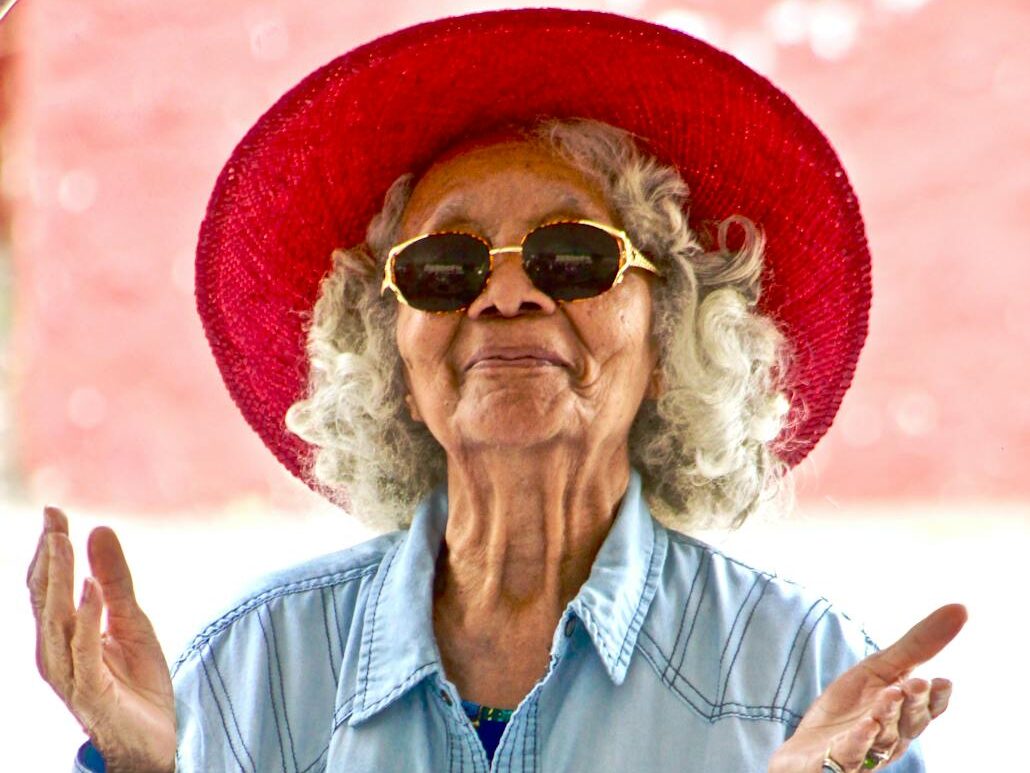
Fine lines appear, and skin feels drier or thinner. Years of sun exposure also start to show. While this is a natural part of aging, moisturizing and using sun protection daily can slow the process. Staying hydrated and eating well support skin health from the inside out. Embracing these changes while taking simple skincare steps helps maintain a healthy, glowing appearance.
Muscle mass decreases

Without regular strength training, muscle mass naturally declines with age. This can affect balance and overall strength. Simple routines with light weights or resistance bands help maintain muscle tone. Staying active isn’t about heavy lifting—it’s about keeping your body capable and strong for everyday tasks. Building muscle also supports joint health and improves metabolism, making it an essential part of healthy aging.
Your memory plays tricks.
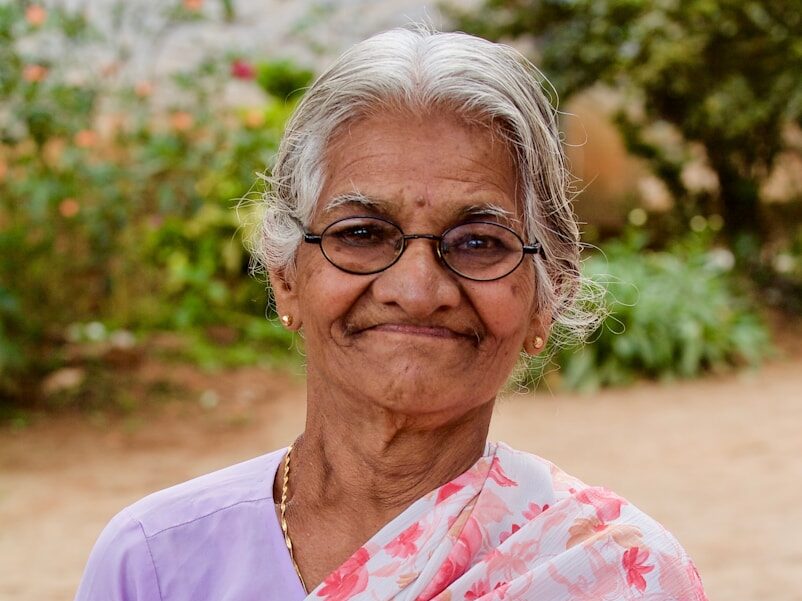
It’s normal to forget names or misplace keys more often. Cognitive changes with age are common, but mental exercises, reading, and staying socially engaged can keep your mind sharp. Sometimes, it’s less about memory loss and more about having too much on your plate at once. Staying organized and giving yourself mental breaks helps manage forgetfulness and keeps your brain functioning well.
Vision changes.

Reading small print gets harder. You might need reading glasses or stronger prescriptions. Colors and contrasts can seem duller. Regular eye exams catch these changes early. Good lighting and proper eyewear help you adjust without missing out on the details. Protecting your eyes from strain and UV damage becomes increasingly important to preserve vision health.
You get more selective with friendships.
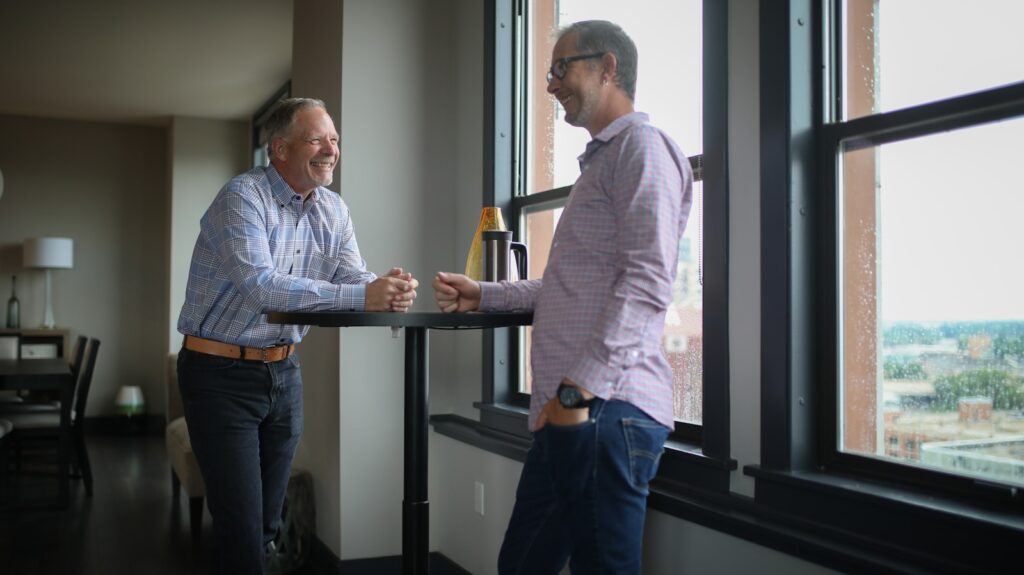
As you age, quality matters more than quantity. You become less interested in superficial relationships and more focused on meaningful connections. Time feels too valuable to spend on people who drain your energy. This clarity helps you build a circle that supports and uplifts you. Investing in a few close friendships brings more satisfaction than maintaining a wide but shallow social network.
Emotional resilience increases
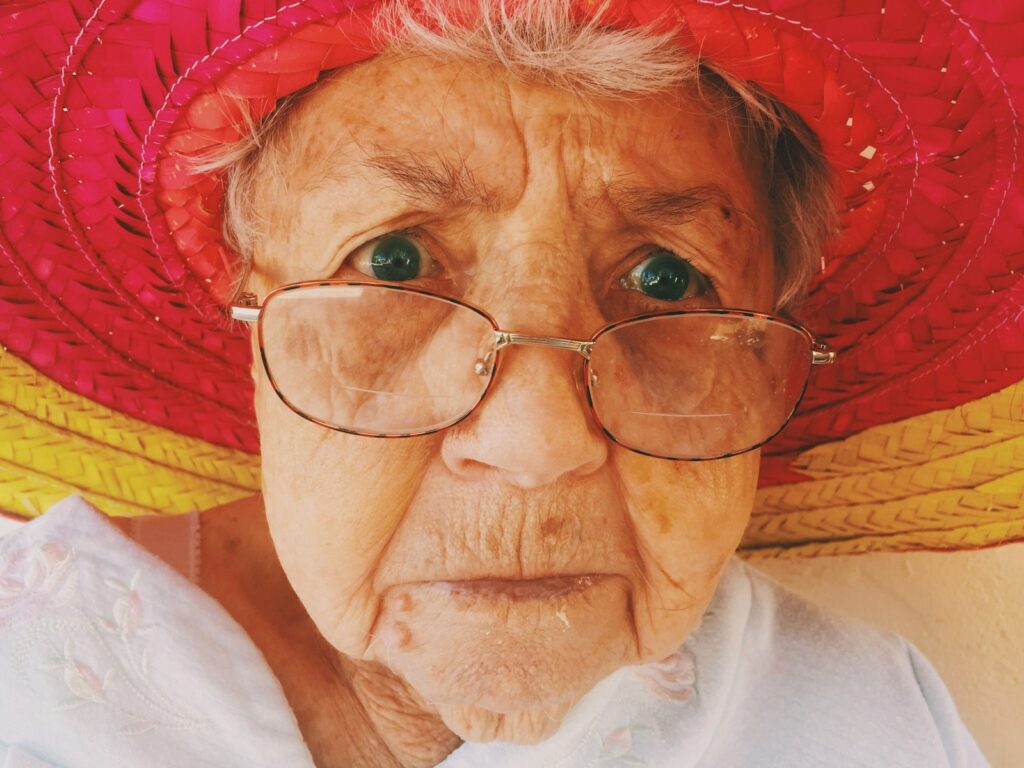
Life experience teaches you how to handle stress better. Problems that once seemed overwhelming become manageable. You learn to pick your battles and not sweat the small stuff. Aging brings perspective, helping you focus on what reallymatters and let go of minor annoyances. This emotional strength allows you to navigate challenges with a calmer, more balanced approach.
The hearing starts to decline.

High-pitched sounds become harder to catch, and following conversations in noisy places gets challenging. Regular hearing checks are important. Devices and strategies, like sitting closer during gatherings, can help. Staying socially active encourages you to adapt without withdrawing. Protecting your hearing from loud noises and seeking early intervention makes a big difference in maintaining connection.
You become more comfortable in your own skin.

With age comes acceptance. You worry less about fitting into others’ expectations. Confidence grows—not from perfection, but from knowing who you are. This self-assurance makes you more authentic in how you present yourself to the world. Embracing your unique traits and letting go of external pressures brings a sense of freedom and peace.
Energy levels fluctuate
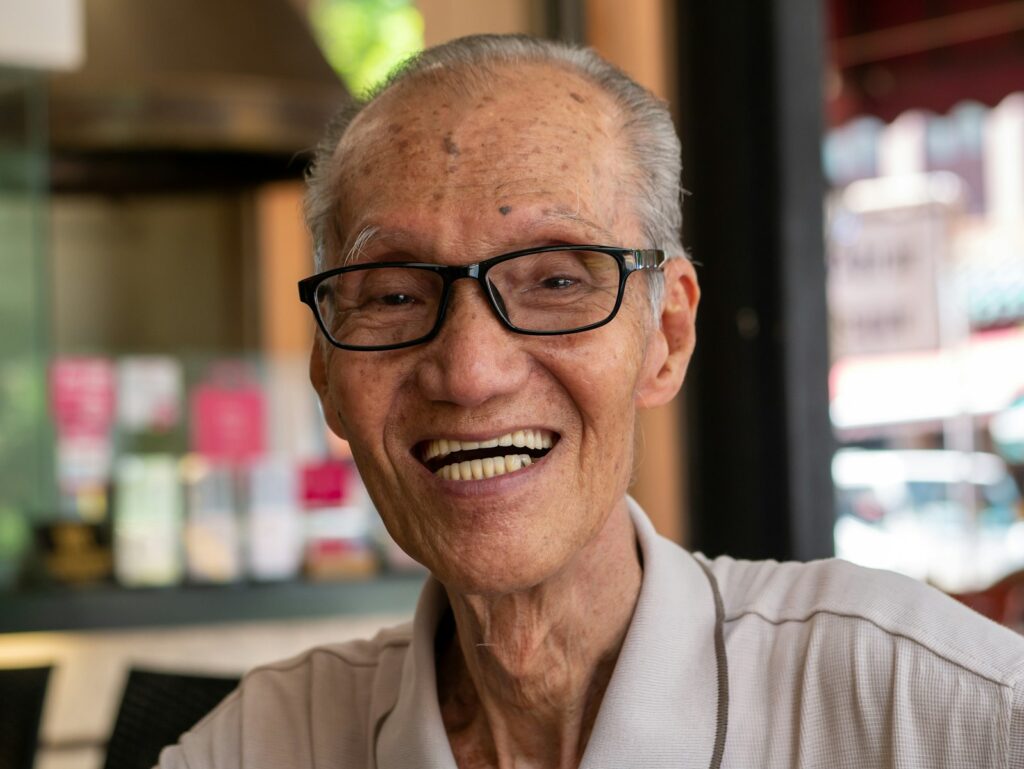
You may not have the endless energy of your younger years. Recovery from exertion takes longer. But you also learn to pace yourself, prioritize rest, and manage your energy wisely. Focus shifts from doing everything to doing what’s meaningful. Listening to your body and honoring its needs becomes essential for maintaining vitality.
Your priorities shift

Material things lose their shine. You start valuing experiences, relationships, and peace of mind more. What used to feel urgent now feels optional. Aging helps you refine what deserves your attention and what can be let go without regret. Simplifying your life brings clarity and allows you to focus on what truly matters.
Flexibility declines

Reaching, twisting, or bending can feel more restrictive. Regular stretching and activities like yoga help maintain mobility. Staying limber isn’t about performing splits—it’s about keeping your body functional for daily life, from tying shoes to gardening. Flexibility exercises support joint health and reduce the risk of injury, making them vital as you age.
Gratitude grows
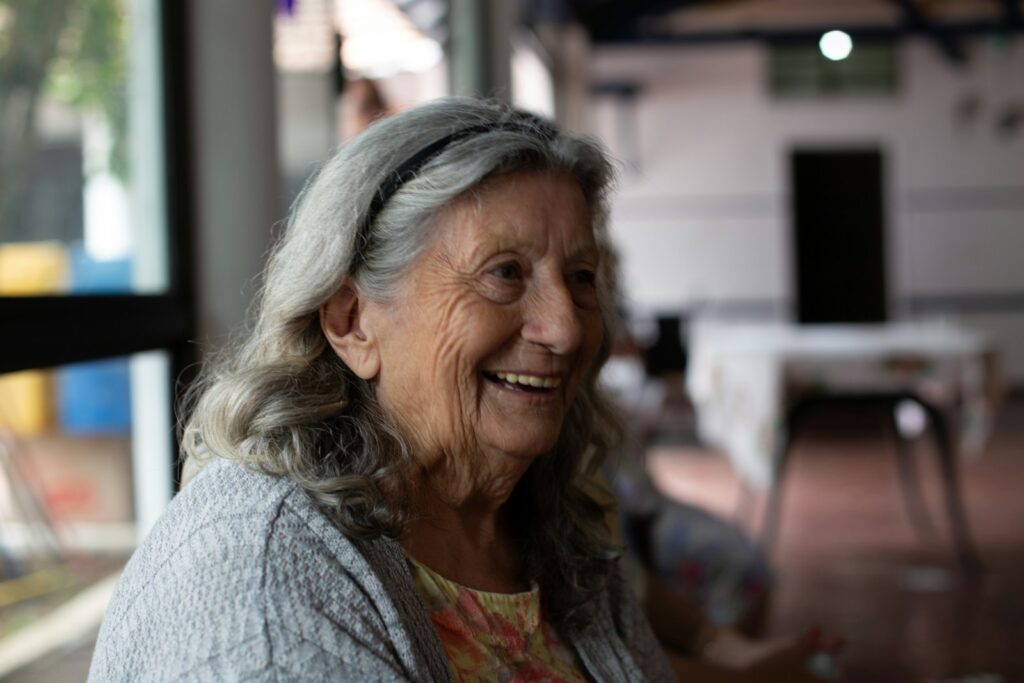
With age, you become more aware of life’s fragility. Small joys—like a quiet morning or a good conversation—gain deeper meaning. You start appreciating things you once overlooked. This shift in perspective often leads to greater contentment and less need for excitement. Gratitude becomes a daily practice, enriching your overall well-being.

